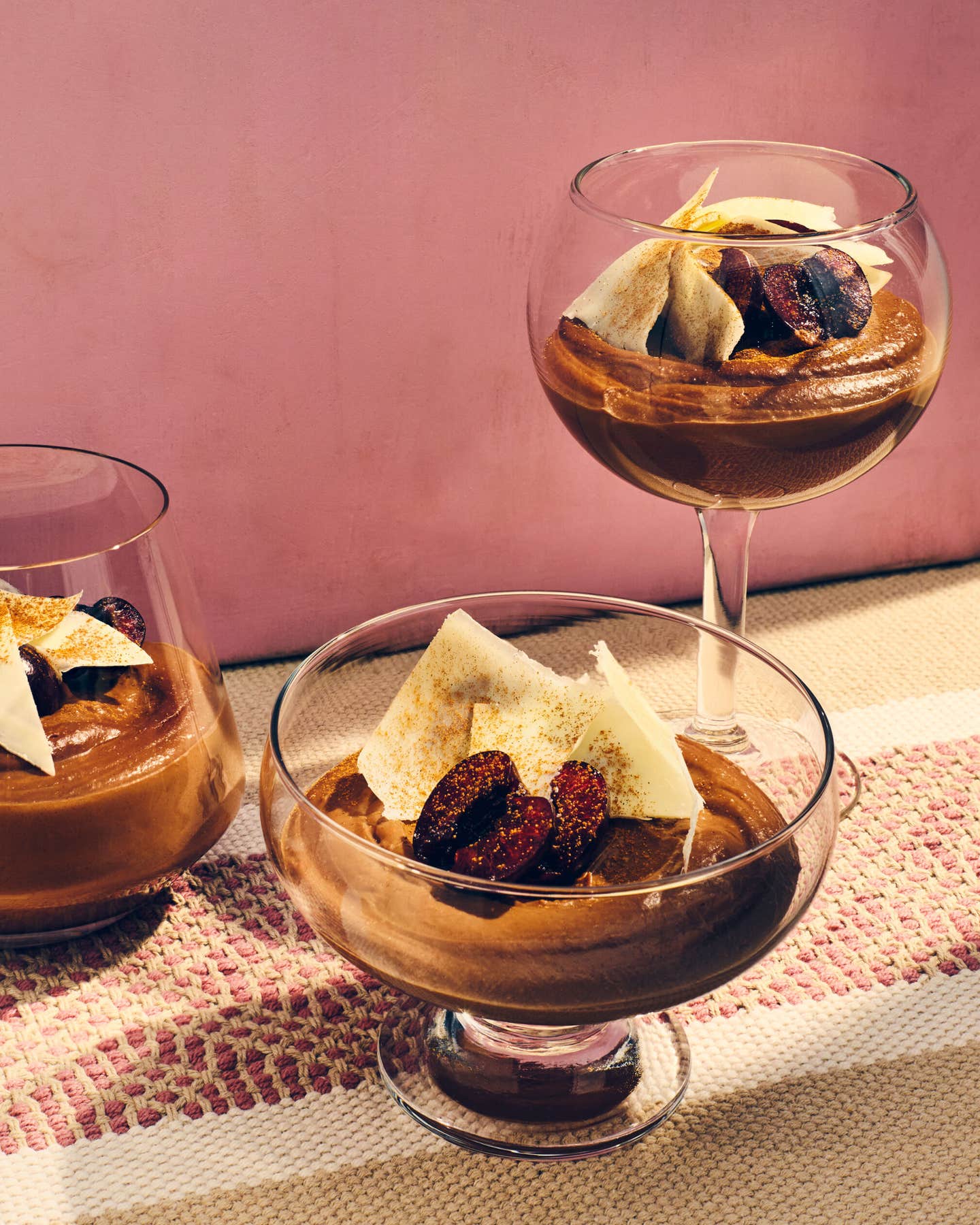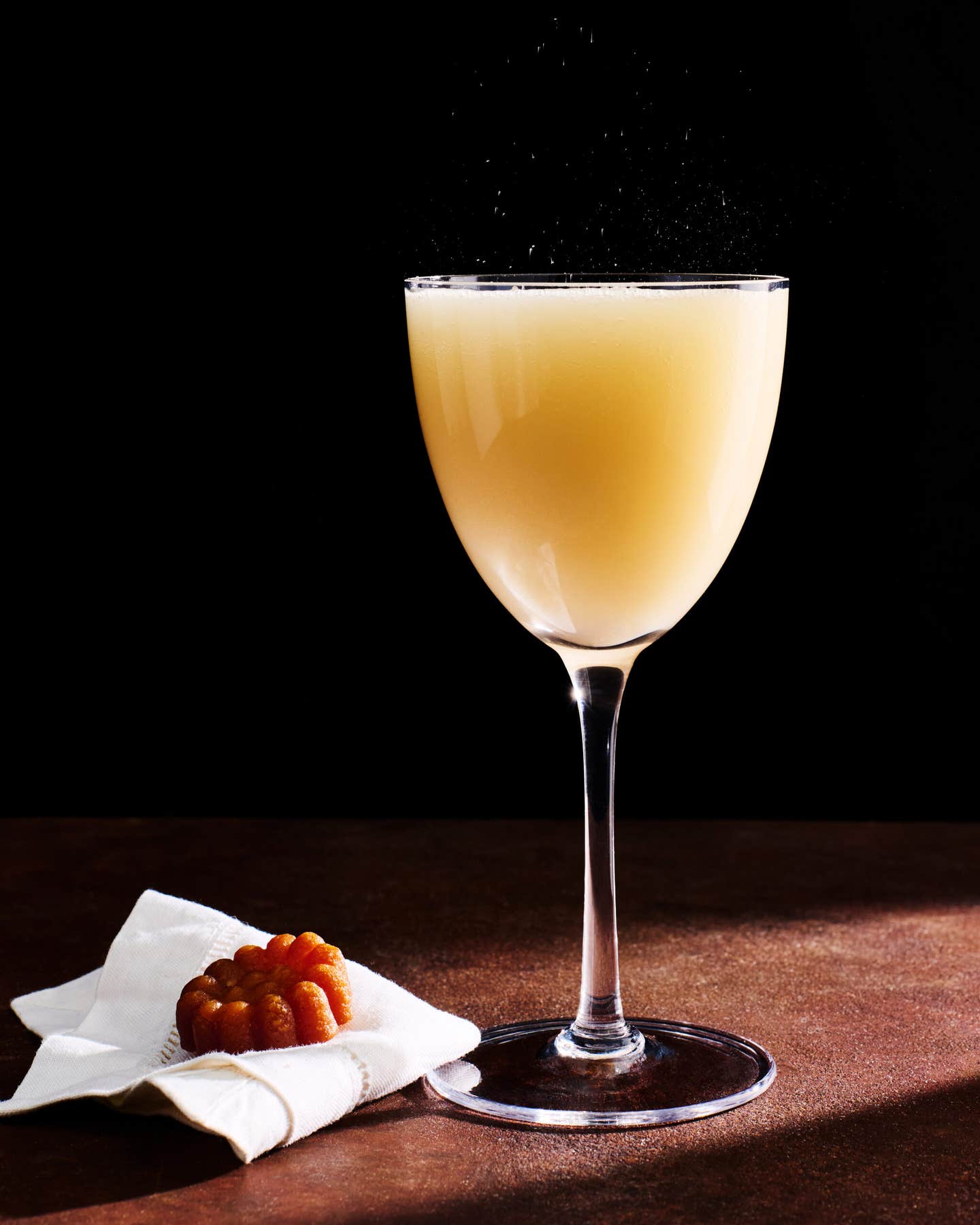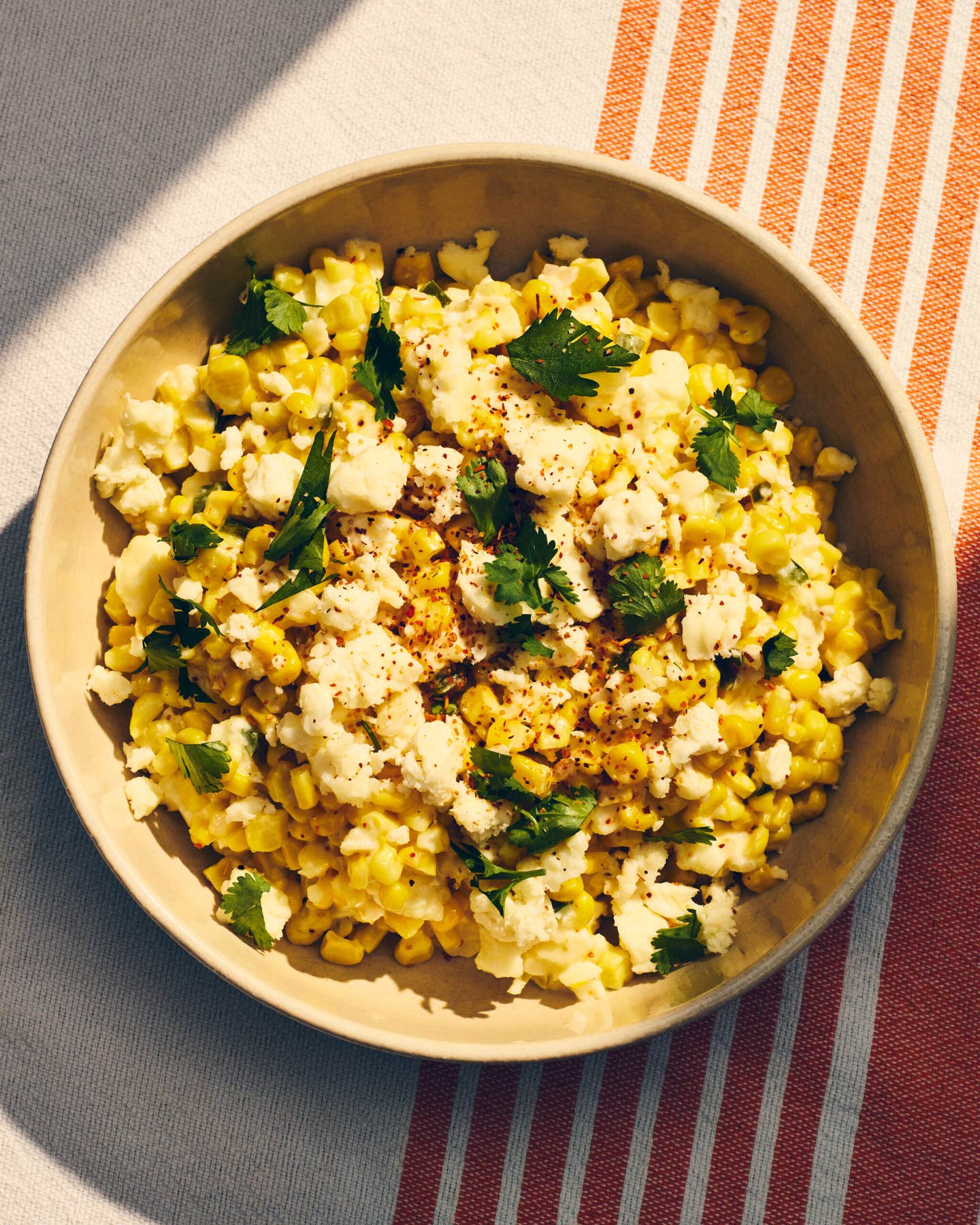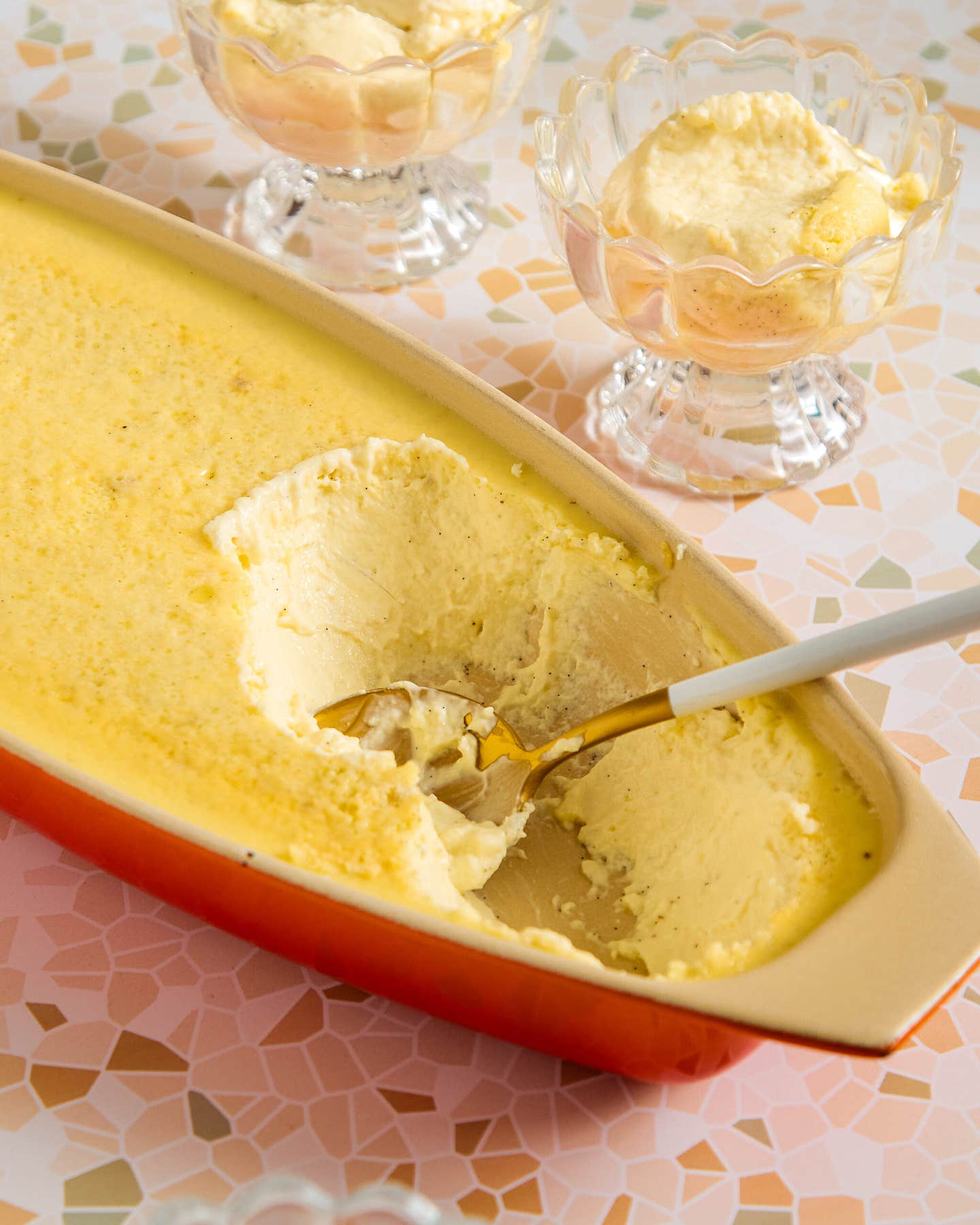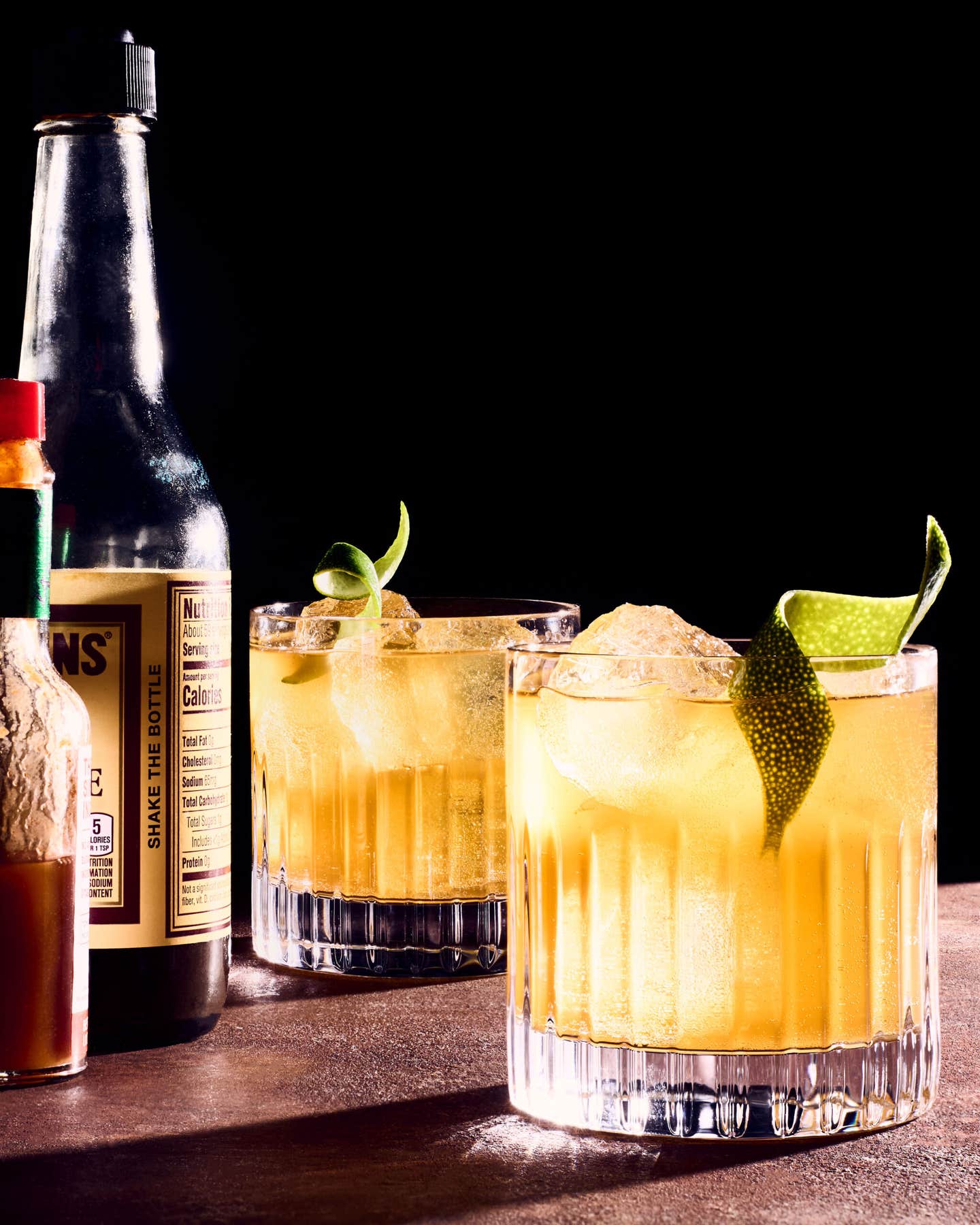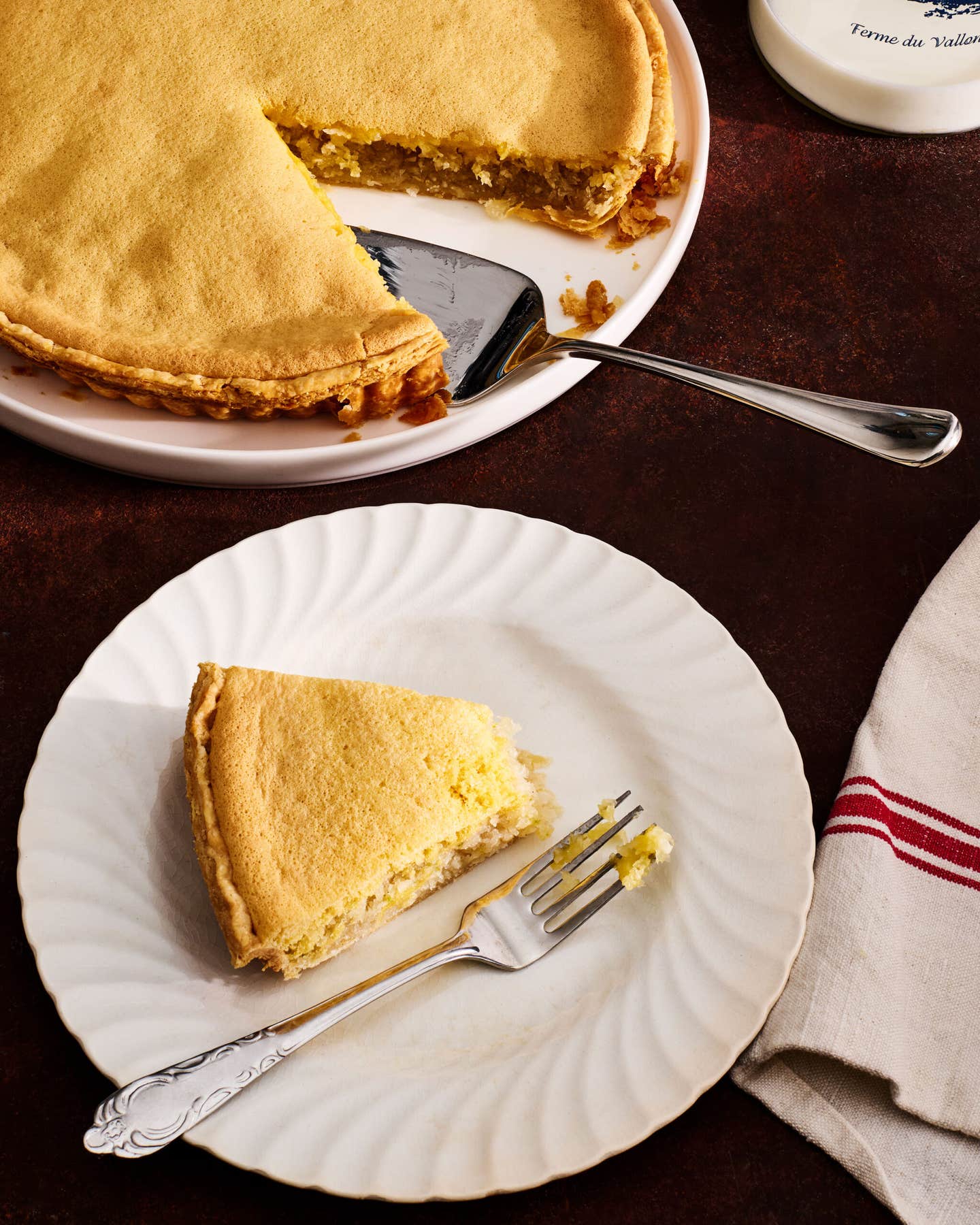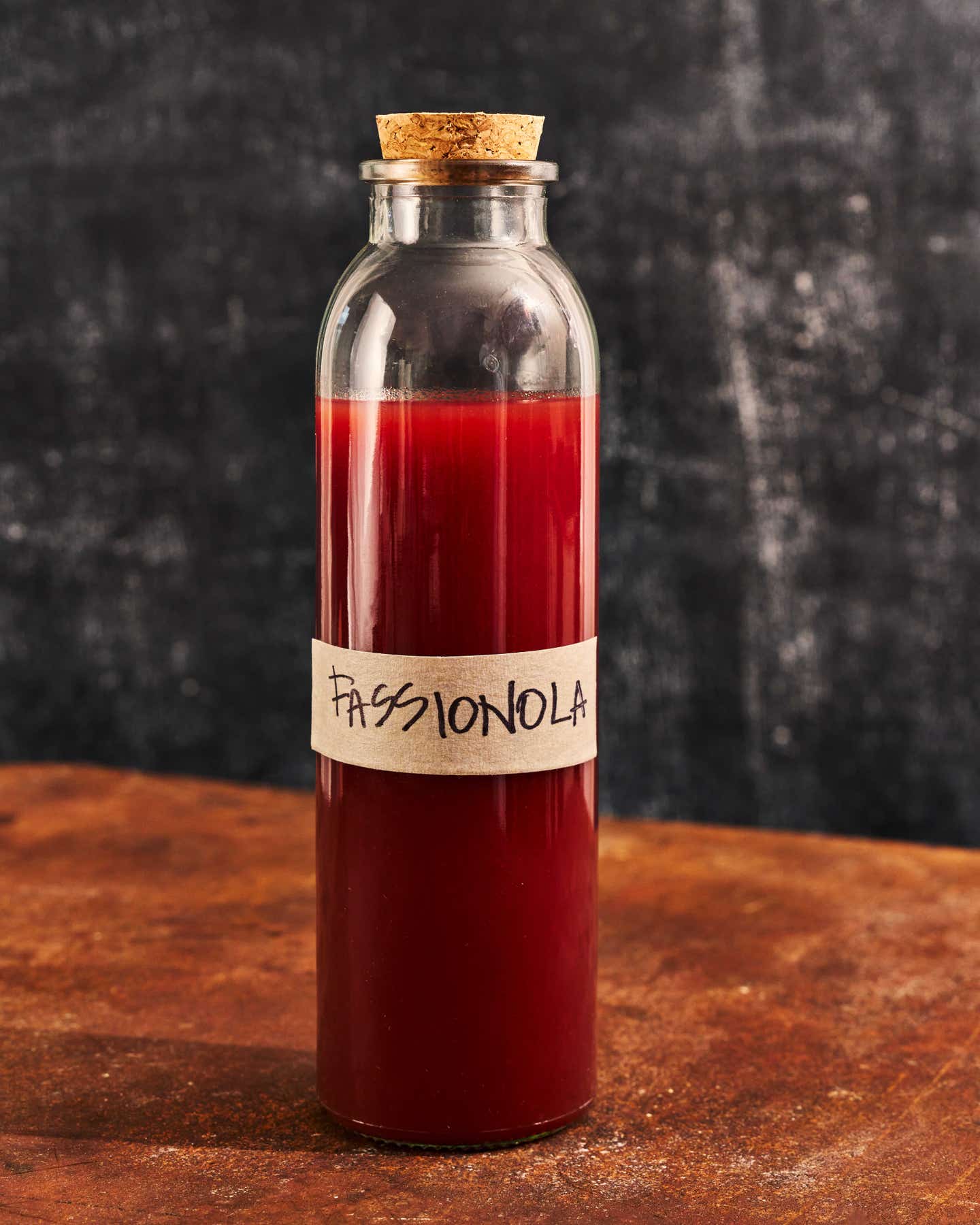
The Ridiculously Bitter Chinese Tea That Stops Winter in its Tracks
Kuding tea won’t cure the common cold, but it works magic unlike anything else
Welcome to Rocket Fuel, a new series documenting the magical drinks the world wakes up to.
Sweater weather hits and suddenly all of us have colds, or bad allergies, or sore throats, and our morning routines now have an extra goal: To make us feel human enough to enter the waking world. When you have a head cold so hazy you can barely see straight, mouth-drying coffee or even a steeping of your go-to tea just aren’t enough. It’s time for something stronger.
Enter the nuclear option: Chinese herbal tea kuding cha. It's one of the most bitter substances you can safely ingest, and its slickness down the throat feels like the distillation of a dozen cough drops, potent enough to obliterate even the memory of a sore throat. Call it amaro with guts. Just don't knock it till you've tried it at least a few times; kuding tea is, to put it charitably, an acquired taste, but once it starts growing on you, it's hard to stop drinking it.
Beneath its bitterness, if you can imagine anything beneath it, is a gentle herbal, grassy quality and, at the end, a deep, lingering honey-like sweetness that tames much of that bitter bite. This is where kuding tea gets you, and why it enjoys a small subculture of people who drink it recreationally as well as medicinally. A sweet tea you have to suffer for has its own rewards.
In a country where tea names can lean toward the poetic ("iron goddess of mercy," "longevity eyebrow"), kuding tea is impressively straightforward: literally "bitter nail tea," describing not just the flavor, but the needle-like shape of its twisted dried leaves. As with many other herbal medicines, drinkers in Guangxi and An Hui provinces (and elsewhere) ascribe a wide, wide range of curative powers to this holly plant, a relative of the New World drinks yerba mate, guayusa, and yaupon. Kuding tea, which is slightly caffeinated, can—purportedly—improve circulation, help you lose weight, regulate temperature in the body, and, of course, cure the common cold. I'm skeptical of all these claims, but there's no arguing that the tea's rich texture and profound bitterness have the power to soothe the throat like nothing else. Bitterness is an under-appreciated flavor in the Western canon, but it's an impressive physiological reset button. When you're slurping this stuff down, no stuffy cold can faze you.
If you're looking to join the kuding underground, seek it out in Chinese herbalist shops or online. A single quill is enough for a serving; stick it in the bottom of a large mug and cover it with hot water (the closer to boiling and the longer you brew, the more potent your tea will be). Let the quill unfurl for a couple minutes, then give it a sip and embrace the bitterness in all its glory. As you get more accustomed to its powers, try concentrating the dose by using less water or more tea. The bitterness will get more intense, and with it, you'll get the underlying sweetness and throat-soothing powers. This is where kuding tea goes from herbal oddity to stuffy-head lifesaver. By the time you're taking shots of it as your morning routine, you know it has you nailed.
Keep Reading
Continue to Next Story
